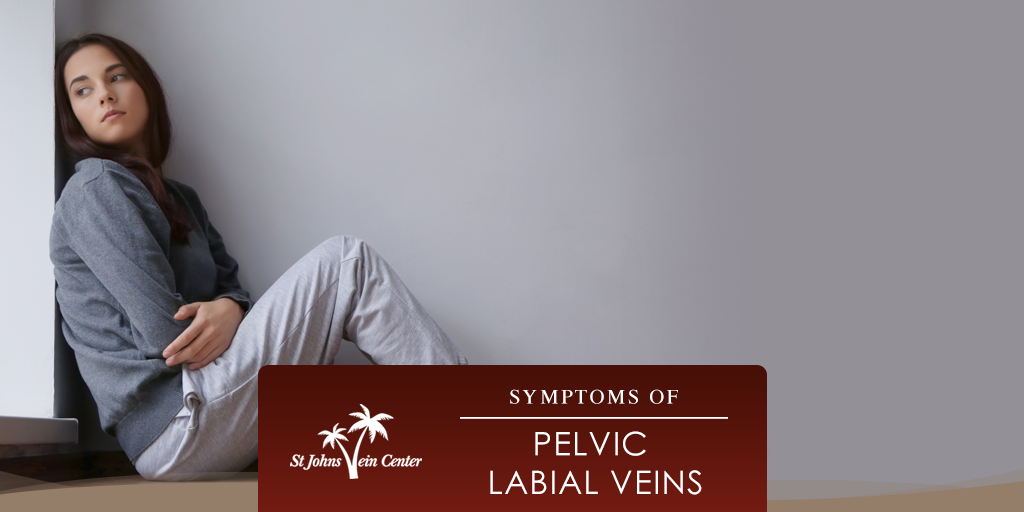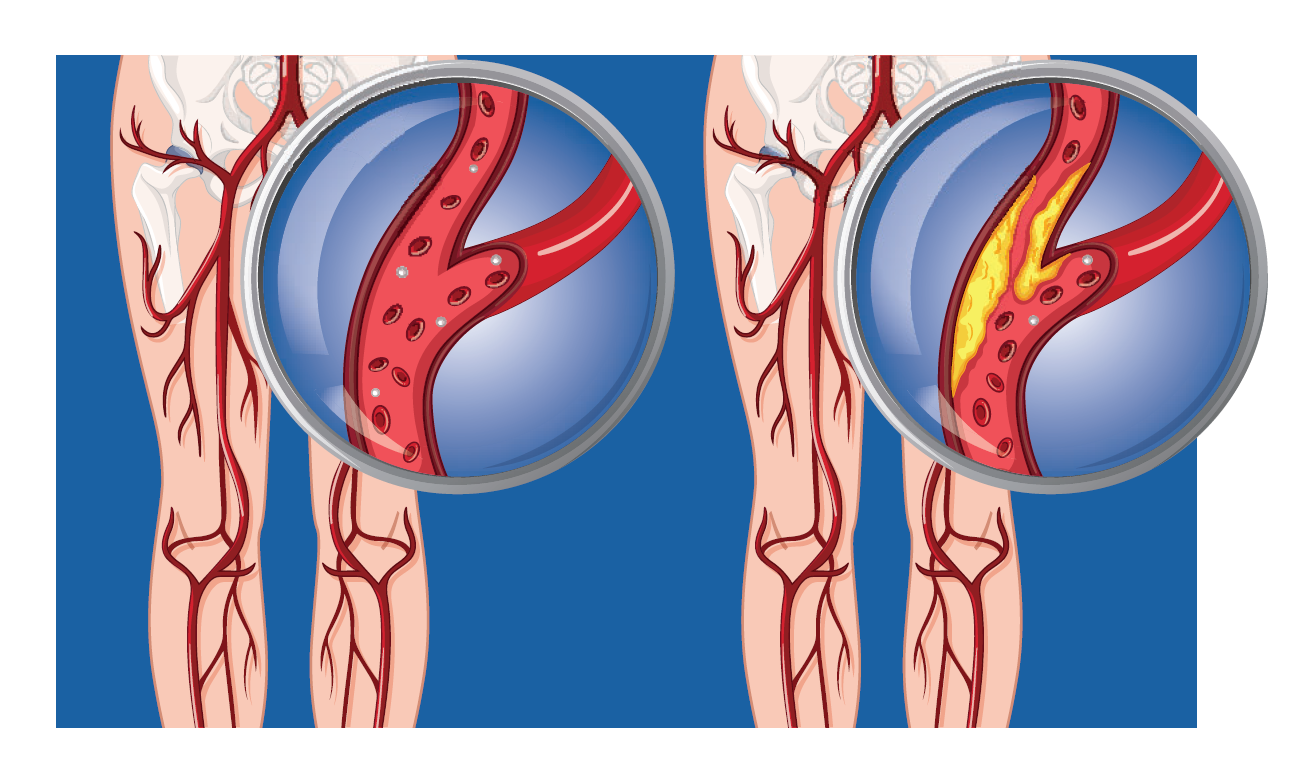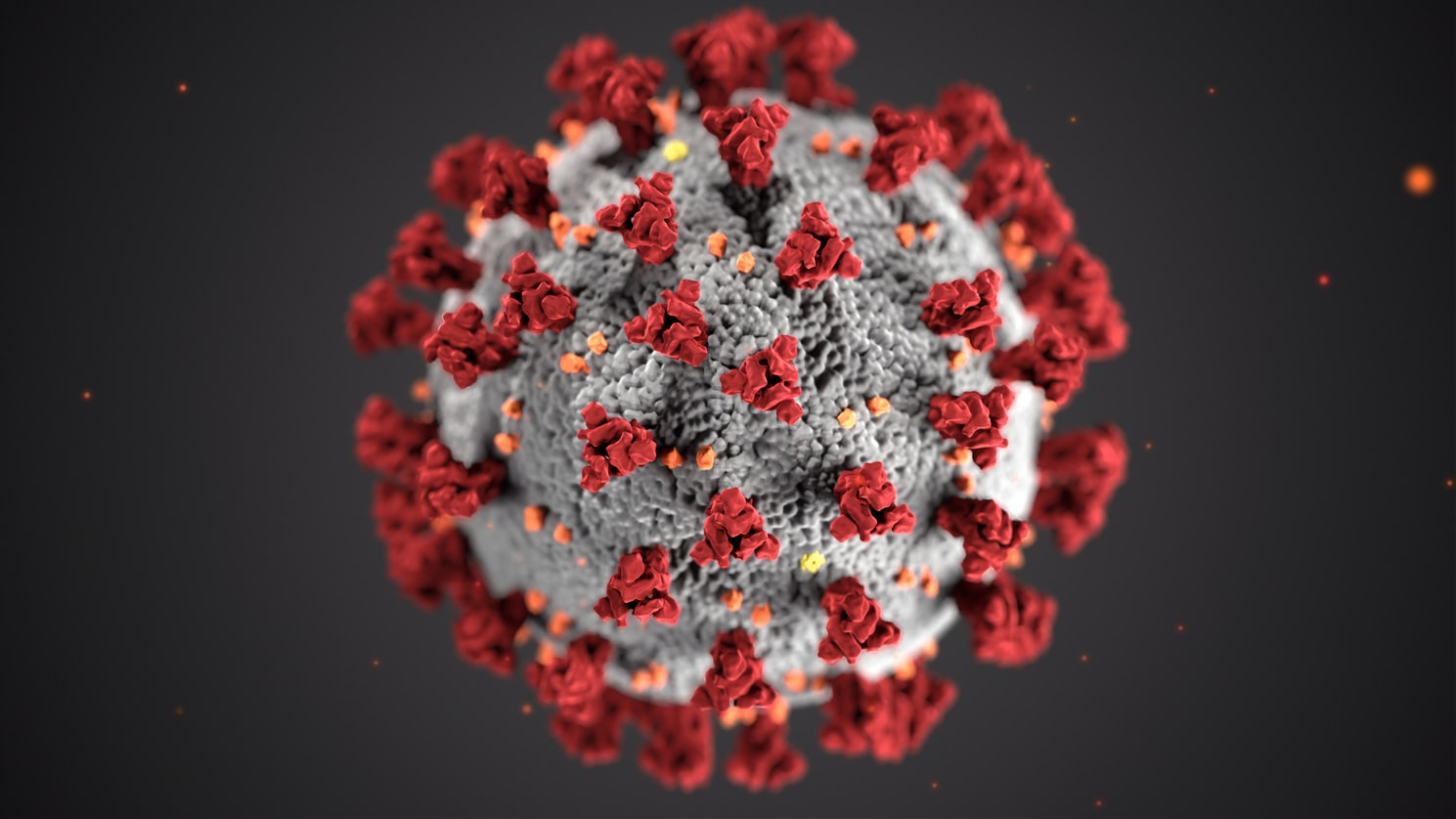What Are the Symptoms of Pelvic and Labial Veins?
Because of the delicate nature of pelvic and labial varicose veins, women should know about the variety of symptoms that can come with this condition. Sometimes women may not experience any signs, but there are a variety of symptoms.
Pelvic and labial veins can cause swelling, pressure, or fullness in the vulvar area, which can be quite uncomfortable. Pruritus, or itching, can also occur, as well as a burning sensation in the pelvic and labial region.
This condition can cause a dull or heavy pain which can vary in intensity. This depends what kind of activities one engages in and/or the time of day. Pain can increase after standing for long periods and after a long exercise session. Pain can be experienced before or during a menstrual cycle, in the last months of pregnancy, and during and sometimes after sex (which is called dyspareunia).
 Pain can also be experienced in the lower back, upper thighs, and as general leg aches. In the pelvic region, pain can become chronic, no matter the time of day or what one is doing. The pain tends to lessen when one is lying down.
Pain can also be experienced in the lower back, upper thighs, and as general leg aches. In the pelvic region, pain can become chronic, no matter the time of day or what one is doing. The pain tends to lessen when one is lying down.
Outside of the localized pain in the pelvic and labial region, as well as in the legs and lower back, other symptoms may be less noticeable or mistaken for other conditions. These symptoms include general fatigue, depression, and anxiety. Another possibly unexpected symptom is frequent visits to the bathroom to urinate and/or urge incontinence.
Pelvic and labial veins can become a cosmetic annoyance, which is why many women do not come in for treatment–out of embarrassment or from a lack of understanding about the condition. These veins look like worms, purplish, or bluish. They can appear swollen, bulging, and twisted. They can also look like a little bubble or tube that remains the same size, like a coil or in a rounded shape. The veins may show up individually or in clusters or branches.
What to Do If You Experience Symptoms
If you have been experiencing pelvic and labial vein pain, discomfort, or other symptoms, contact the experienced staff of St. Johns Vein Clinic and Dr. James St. George today for a consultation.




